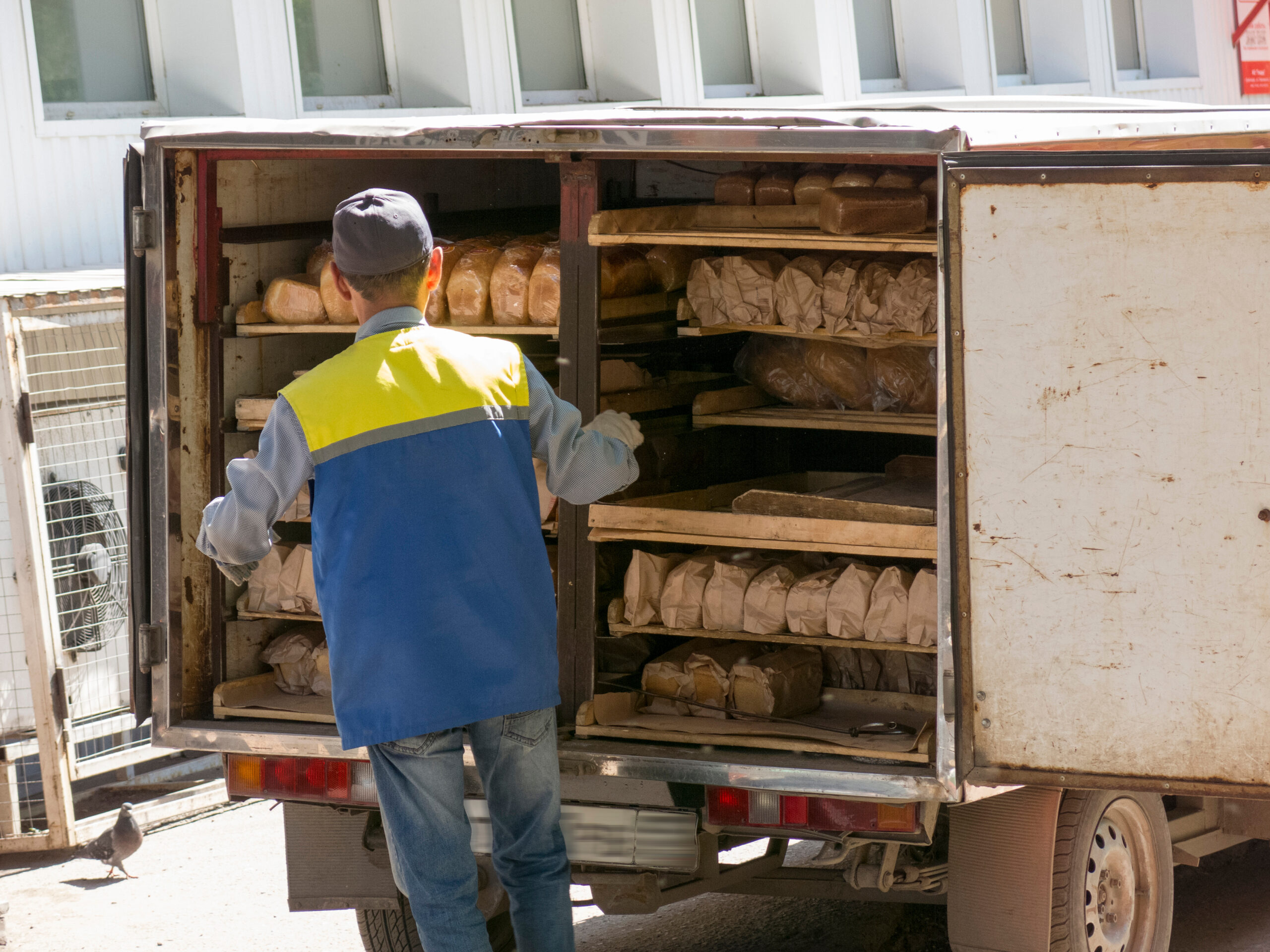
U.S. Supreme Court: You Don’t Have to Be In the Transportation Industry To Be a Transportation Worker under the FAA
Where it applies, the Federal Arbitration Act (FAA) provides a degree of certainty that arbitration agreements will be enforced as written, including any class waivers intended to resolve disputes on an individual basis. However, the FAA has an exemption for contracts of employment of transportation workers engaged in interstate commerce. On April 12, in Bissonnette v. LePage Bakeries Park St., LLC, the Supreme Court held that the company that engages the worker doesn’t have to be in the transportation industry in order for the worker to be considered a transportation worker for purposes of the FAA exemption.
The case was on appeal from the U.S. Court of Appeals for the Second Circuit, where the court held that the company had to be in the transportation industry—as determined by whether the employer principally derives its commercial revenue from charges for the movement of goods or passengers—for the FAA’s transportation worker exemption to apply. The lower court held that the company, a bakery that makes and distributes Wonder bread, was not in the transportation industry, and thus, the FAA applied to an arbitration agreement entered into by franchisees of the company who distributed its baked goods by truck. In reversing this holding, the U.S. Supreme Court reiterated guidance from a 2022 decision that the FAA’s text focus is on what the worker does, not what the company does. Had the Second Circuit’s approach been affirmed instead, truck drivers for private fleets, like Pepsi and Anheuser-Busch, would very likely not have been considered transportation workers.
The Court refrained from going any further than rejecting the putative employer’s industry analysis, and so did not decide whether the workers were otherwise transportation workers or engaged in interstate commerce. That issue remains open and subject to further litigation in the lower courts.
For more information, please contact Scopelitis Partners Braden Core or Prasad Sharma.
News from Scopelitis is intended as a report to our clients and friends on developments affecting the transportation industry. The published material does not constitute an exhaustive legal study and should not be regarded or relied upon as individual legal advice or opinion.

U.S. Supreme Court: You Don’t Have to Be In the Transportation Industry To Be a Transportation Worker under the FAA
Where it applies, the Federal Arbitration Act (FAA) provides a degree of certainty that arbitration agreements will be enforced as written, including any class waivers intended to resolve disputes on an individual basis. However, the FAA has an exemption for contracts of employment of transportation workers engaged in interstate commerce. On April 12, in Bissonnette v. LePage Bakeries Park St., LLC, the Supreme Court held that the company that engages the worker doesn’t have to be in the transportation industry in order for the worker to be considered a transportation worker for purposes of the FAA exemption.
The case was on appeal from the U.S. Court of Appeals for the Second Circuit, where the court held that the company had to be in the transportation industry—as determined by whether the employer principally derives its commercial revenue from charges for the movement of goods or passengers—for the FAA’s transportation worker exemption to apply. The lower court held that the company, a bakery that makes and distributes Wonder bread, was not in the transportation industry, and thus, the FAA applied to an arbitration agreement entered into by franchisees of the company who distributed its baked goods by truck. In reversing this holding, the U.S. Supreme Court reiterated guidance from a 2022 decision that the FAA’s text focus is on what the worker does, not what the company does. Had the Second Circuit’s approach been affirmed instead, truck drivers for private fleets, like Pepsi and Anheuser-Busch, would very likely not have been considered transportation workers.
The Court refrained from going any further than rejecting the putative employer’s industry analysis, and so did not decide whether the workers were otherwise transportation workers or engaged in interstate commerce. That issue remains open and subject to further litigation in the lower courts.
For more information, please contact Scopelitis Partners Braden Core or Prasad Sharma.
News from Scopelitis is intended as a report to our clients and friends on developments affecting the transportation industry. The published material does not constitute an exhaustive legal study and should not be regarded or relied upon as individual legal advice or opinion.

